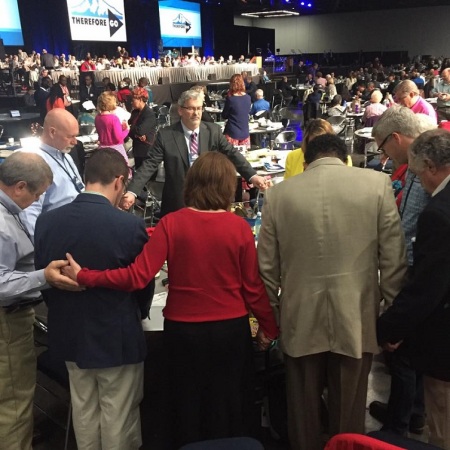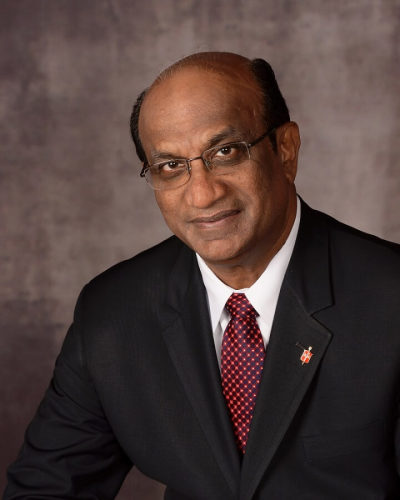UMC Court to Review Bishop's Decision Overruling LGBT Resolution to Defy Church Rules on Homosexuality

The United Methodist Church's highest court will be reviewing a decision to overrule a regional body's resolution calling for churches to defy the denomination's rules that bar clergy from performing same-sex marriages and being in a same-sex relationship.
Bishop Sudarshana Devadhar of the New England Conference overruled most of the regional body's resolution, passed during the summer, calling for a refusal to enforce rules regarding homosexuality as outlined in the Book of Discipline.
The United Methodist Judicial Council, the highest legal authority for the Mainline denomination, is scheduled to review Bishop Devadhar's ruling of law.

"The issue in the instance matter is whether it is unlawful for an annual conference to pass an affirmation stating in advance that it will not follow the Discipline," reasoned Devadhar.
"It has been suggested that the words of the affirmation are purely precatory and would only be a violation once an actual action is taken. I rule that this affirmation is not precatory because it mandates that illegal actions be taken and, as such, is a violation of the Discipline."
Beth DiCocco, communications director for the UMC New England Conference, told The Christian Post that the bishop could not provide further perspective beyond his initial ruling of law.
"The next step is this process is for the Judicial Council to review the bishop's ruling and issue its decision," explained DiCocco.
"The bishop does not feel it would be appropriate for him to comment further before the Judicial Council issues its response. The matter is on the Judicial Council docket for October."
In contrast to other Mainline Protestant denominations, the UMC officially labels homosexuality "incompatible with Christian teaching" and bars clergy from performing same-sex marriages and being in a same-sex relationship.
Over the past several years, internal debate over homosexuality has led to divisive arguments between theological conservatives and theological liberals.
In response to yet again failing to change the Book of Discipline's language at the 2016 General Conference, some theologically liberal-leaning annual conferences passed measures openly defying the Book of Discipline on this issue.
The "non-conformity" resolution that Devadhar overruled was passed overwhelmingly at the New England Conference in June with a vote of 445–179.
"It says the conference 'will not conform or comply with provisions of the (Book of) Discipline, which discriminate against LGBTQIA persons,'" reported United Methodist News Service.
"The resolution also says the conference and its members 'will not participate in or conduct judicial procedures related to the Discipline's prohibitions against LGBTQIA persons.'"
Devadhar is not the only UMC bishop to overrule an LGBT resolution this year. Last month, Bishop Mark J. Webb of the Upper New York Conference overruled a Northeastern Jurisdiction resolution that among other things called for stopping church trials related to LGBT issues.
"In addition to not being allowed to directly negate, ignore or violate the Discipline, the Judicial Council has held that annual conferences may not encourage other entities to violate Church law, or discourage the enforcement of Church law," concluded Bishop Webb.
"The Discipline does not authorize annual conferences to impose financial controls or eliminate funding for fair process proceedings based on the nature of the charges. Rather the Discipline requires annual conferences to expend funds to ensure that all complaint proceedings, including those involving human sexuality, are fair and orderly."





















